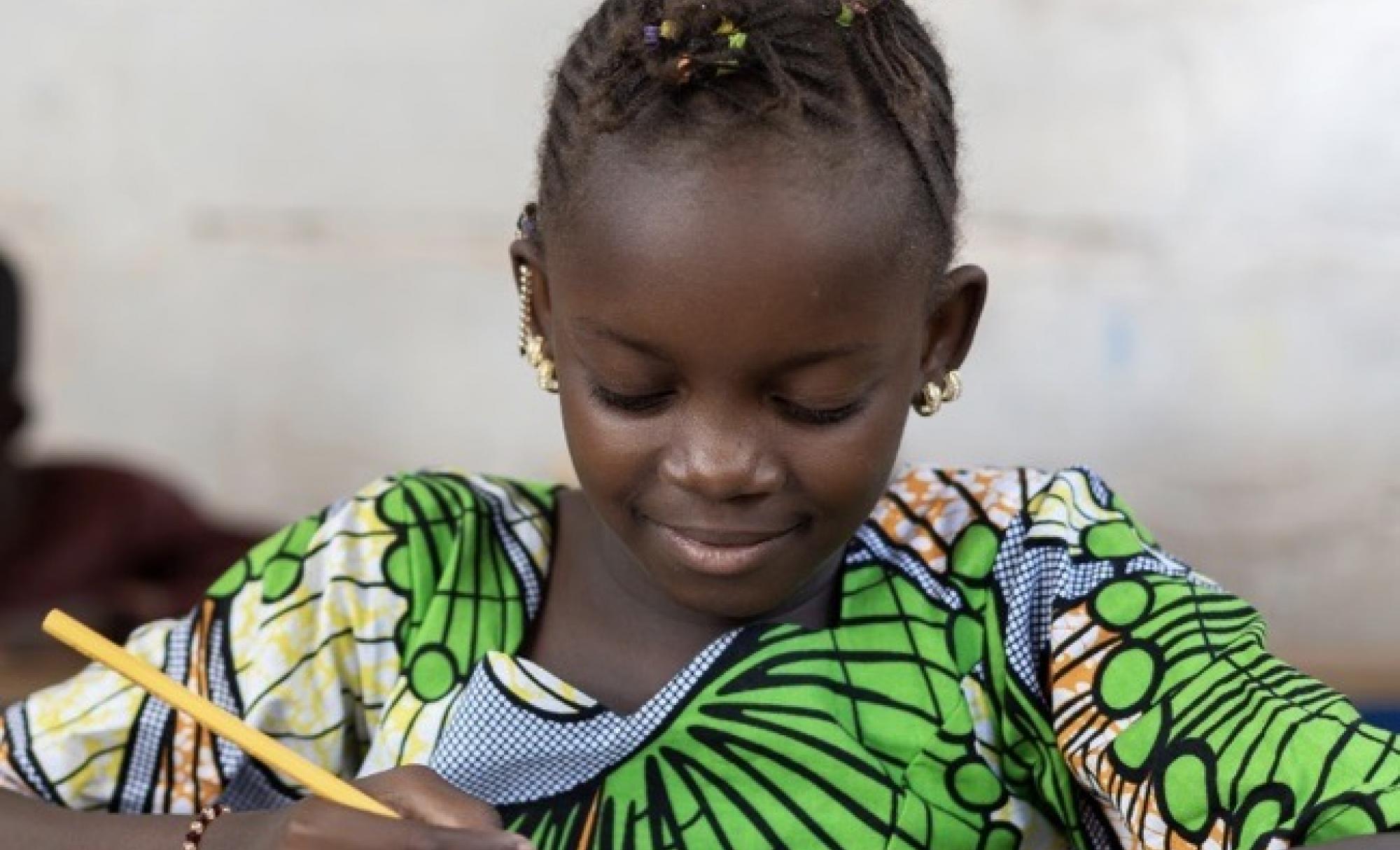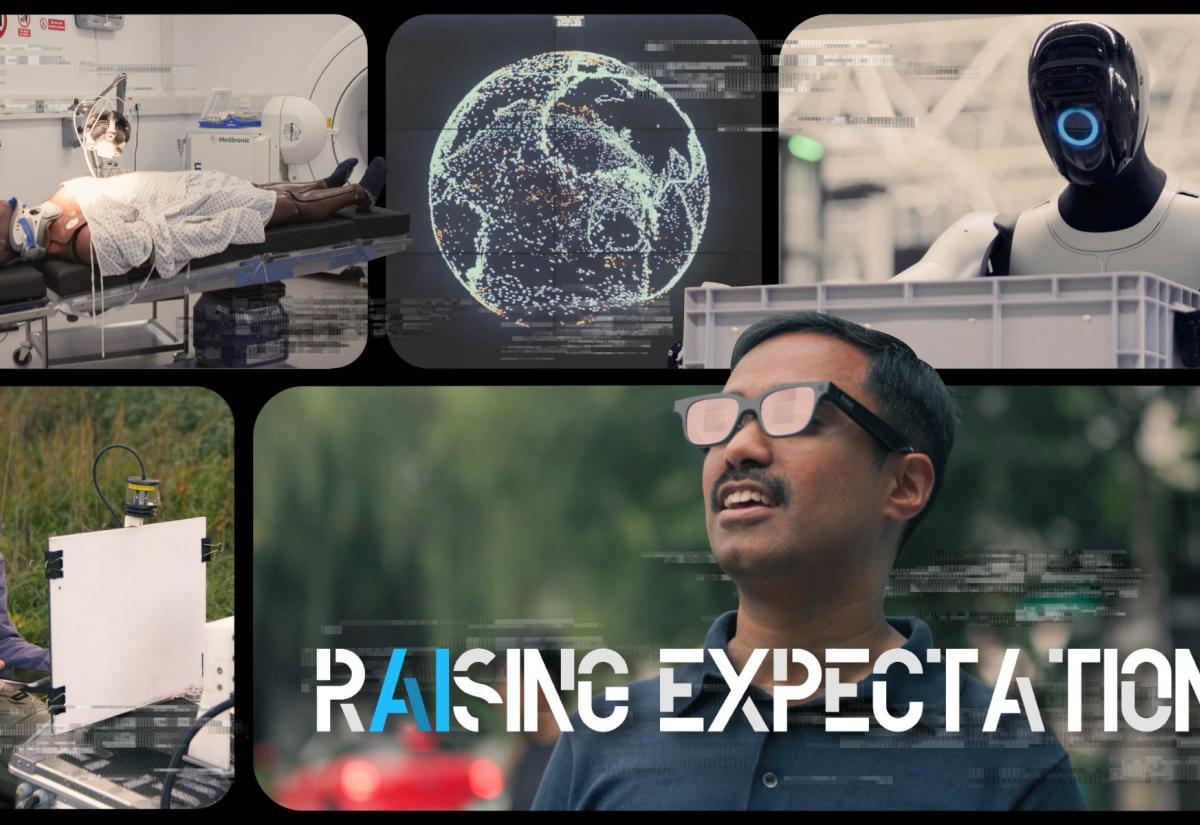
The Blavatnik School of Government, University of Oxford will lead a £30m What Works Hub for Global Education – a joint initiative supported by the UK’s Foreign Commonwealth and Development Office (FCDO), World Bank, UNICEF, USAID, the Bill and Melinda Gates Foundation and the British Council. The Hub brings together academics, NGOs and government partners to enable learning for three million children directly in low- and middle-income countries, and influence outcomes for up to 17 million more. A particular focus will be on improving learning outcomes for girls.
Learning levels have been low and stagnant for decades in many countries. There is now growing research evidence on ‘what works’ to address this – yet too little evidence on how to implement what works, with governments, sustainably, and at scale.
“Education is a core part of FCDO’s Development Strategy. We know that there is a learning crisis, and have already generated evidence on how to improve learning outcomes. But we need to know how to take these to scale. This exciting research programme responds to our partner governments’ demand for evidence of how to deliver learning outcomes at scale”, says FCDO Director of the Research and Evidence Division and Chief Scientific Adviser Charlotte Watts. “In a sentence, the Hub will develop a new science of implementation in education, with lessons across multiple sectors”, says Noam Angrist of the Blavatnik School of Government, Academic Director of the Hub.
Nompumelelo Mohohlwane, Deputy Director of the Department of Basic Education in South Africa’s Research Division and one of the Hub’s partners, says: “We’ve been gathering lots of useful evidence over the past few years on reading and foundational learning. There’s more interest than ever in this; the government is busy rewriting plans in order to incorporate evidence into planning and this Hub.”
Armando Ali, Chief Executive Officer of Hub partner PAL Network, says: "Our commitment to transforming education requires a special focus on alternative ways to enhance foundational learning with a focus on reading and basic arithmetic. The Hub is an opportunity to identify, implement and scale intervention models that prove to be effective in improving learning. We hope that this will be done with the necessary contextualization and equity, reaching the most marginalized institutions and children".
Founding Executive Director of the Hub, Elizabeth Stuart, Blavatnik School of Government, says: “This is an extraordinary opportunity for change. Governments around the world want to ensure children are literate and numerate, but still don’t know how to make this happen. We will develop that evidence hand-in-glove with policymakers, connect into all the other stakeholders who are needed to make it happen, and work with them as they reform policies and practice.”
There has been huge progress on getting more children into school around the world – but there is still a learning crisis.
“Across 51 low- and middle-income countries, only half of young women who have completed six years of school can read a simple sentence. There is now world-class evidence on how to change this and move from being in school to learning in school, such as the Global Education Evidence Panel’s (GEEAP’s) smart buys. But to change children’s lives, this evidence must be implemented”, says Alicia Herbert, FCDO’s Gender Envoy and Director, Education, Gender and Equality.
“Implementation is everything”, says Noam Angrist. “Implementation determines whether education policies and programmes proven to work in small, controlled studies translate into real-world change. We still know far too little about how to deliver proven programmes at scale, through governments systems, and across contexts. I look forward to collaborating with a world-class coalition of partners to advance the science of implementation, enabling millions of children to learn around the world.”
To deliver the project’s aims, the What Works Hub team has formed a unique consortium, more than two-thirds of whose members are based in the Global South, a result of a dedicated approach to widening the supplier base from the FCDO procurement team with early market engagement events held in India, Kenya, South Africa and the UK. The Hub will also build on prior efforts, such as the eight-year Research on Improving Systems of Education (RISE) programme and the Young Lives longitudinal research initiative.
It will involve 12 countries to start. The most intensive efforts will be focused in India, Pakistan, Rwanda and Tanzania, with additional projects in Bangladesh, Botswana, Ghana, Kenya, Malawi, Nigeria, Sierra Leone, and South Africa.
Notes
- The Blavatnik School of Government, University of Oxford, is a global school committed to improving the quality of government and public policymaking worldwide, through teaching, research and engagement. The School’s vision is of a world better led, better served and better governed.
- This contract is the next phase of the £55m What Works Hub for Global Education business case, and builds on the pilot phase which was managed by the Education Development Trust.
- RISE was an eight-year, £43m multi-country programme co-led by the Blavatnik School of Government that has changed thinking and practice in the push to get the world learning.
- As well as governments, consortium partners include:
Abdul Latif Jameel Poverty Action Lab (J-PAL) Global
Abdul Latif Jameel Poverty Action Lab (J-PAL) South Asia
Akyeampong Research and Development Consult
Central Square Foundation
Centre of Economic Research in Pakistan
Education Endowment Foundation
Education Outcomes Fund
Educational Initiatives
Georgetown University, Initiative on Innovation, Development and Evaluation (gui2de)/McCourt School of Public Policy
Harvard University, Harvard Kennedy School, Centre for International Development
Institute for Financial Management and Research, Chennai
Innovations for Poverty Action (IPA)
Instituto Tecnológico Autónomo de México
Lahore University of Management Sciences (LUMS)
PAL Network
Palladium International
Pomona College
Rocket Learning
Stockholm School of Economics
Tanzania Institute of Education
TaRL Africa
University of California, San Diego
University of Cambridge, Research for Equitable Access and Learning (REAL) Centre
University of Dar es Salaam, College of Education, Tanzania
University of Delaware
University of Oxford (Blavatnik School of Government and Saïd Business School)
University of Rwanda, College of Education
Youth Impact
Zenex Foundation
Strategic partners include:
The Education Commission, International Institute for Education Planning, UNICEF, USAID, Bill and Melinda Gates Foundation, Building Evidence in Education, the Global Education Evidence Advisory Panel and the British Council.



